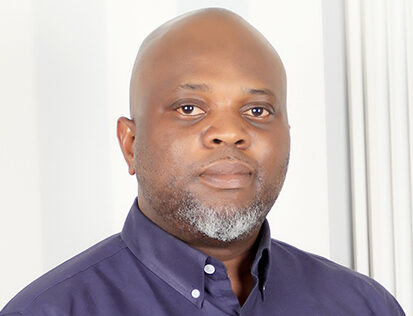Stakeholders have said Nigeria must use 60% of the arable land that is currently underutilised to generate significant output in order to deal with the nation’s present food challenges.
Only 40% of the nation’s arable land is now being used, which may not be enough to supply the necessary answer to food security; additional unutilised land must be put to use, they suggested.
The Special Adviser to the President on Economic Affairs (Office of the Vice President), Tope Fasua, while speaking at a Policy Dialogue Series on Sustainable Economic Development in Nigeria at the National Institute for Policy and Strategic Studies (NIPSS), in Kuru, near Jos, Plateau State, opined that utilising the other part of the arable land will boost farming, tackle poverty, and ensure food security.
Fasua reviewed the policies already put in place to address the economic challenges, such as consumer credit policy, alleviation of poverty, policy on food programmes that fit into the agricultural sector, etc.
- Trump and Musk can bring peace to golf – McIlroy
- Invictus Games: FG, African Unconquered Foundationseal deal on wounded soldiers’ empowerment
“We have only cultivated about 40% of our arable land, and by capacitating the agricultural sector and utilising the remaining per cent, more people can get into farming.
“This will ensure availability of food for local consumption and export because many countries need our agricultural produce and also generally attack the food/poverty problem.
“Nigeria is a lucky country because we have one of the best weathers in the world, the entire 19 states of northern Nigeria are the food basket of the nation; a lot of crops grow there, like sesame, sorghum, ginger, soybeans, cassava, and yam, among others. We do not have enough of these crops, and Nigeria has them abundantly,” he noted.
On his part, the Cluster Coordinator, Sustainable Economic Development Cluster (SEDEC), GIZ Nigeria, Markus Wauschkuhn, said they are committed to shaping a future worth living globally, offering tailor-made, cost-efficient and effective services.
He said the Sustainable Economic Development Cluster of GIZ Nigeria promotes sustainable economic development, employment and income generation, with a focus on policy implementation support.

 Join Daily Trust WhatsApp Community For Quick Access To News and Happenings Around You.
Join Daily Trust WhatsApp Community For Quick Access To News and Happenings Around You.



